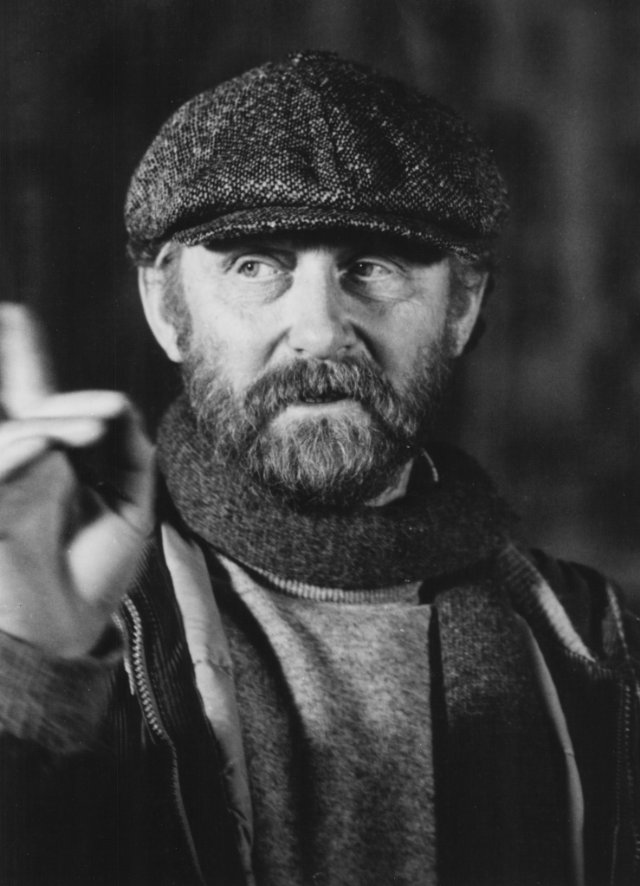Noir in Fest, the Italian-based international film and literary mystery festival, has now been going for 20 years. Initially based in Cattolica on the Adriatic and then making a brief sojourn in Viareggio on the Mediterranean (before most of the town hall dignitaries were impeached for fraud, thus cutting off one of the festival’s principal sponsorship strands…this is Italy after all…), the festival moved from summer to winter and to the picturesque ski resort of Courmayeur, in Val d’Aosta in the shadow of Mont Blanc, and has thrived here ever since. Run by Giorgio Gosetti and Marina Fabbri, the festival is both an exciting event and a most convivial place where filmmakers and writers over the past two decades have met, become friends, and enjoyed not just films and conversation but an ever-flowing series of gourmet meals and latter night bar marathons. Without being elitist about it, it’s the equivalent to a certain extent of Bouchercon but without the fans, an occasion for professionals to meet and light a much creative spark.
Author: Maxim Jakubowski
Introducing Emily St. John Mandel
The annals of crime and mystery writing are full of authors who never got the right break and toiled without the critical and commercial acclaim they truly deserved. I could begin a long list here. Likewise in mainstream literature and other genres, actually. The vagaries of the marketplace, publishing at the wrong time or in the wrong place, being with an unsuitable publisher, not being supported with enough marketing and publicity—the reasons are many and have, most times, nothing to do with the quality of the writing or the narrative. These days, the majority of authors are increasingly savvy, and the tools offered by the Internet (blogs, vlogs, websites, social networks, and all that) can help. But too many are still slipping through the cracks.
Emily St. John Mandel is one of them, and I have come to sing her praises.
A Conversation with Writer/Director Mike Hodges
Mike Hodges is the director of the canonical crime film classics Get Carter, A Prayer for the Dying, Croupier and I’ll Sleep When I’m Dead. Having just published his debut novel, Watching the Wheels Come Off, he reflects on his relationship to storytelling on the screen and off.
 Mike Hodges, you’ve had a prestigious career making films, and in your seventies you pen your first novel. What prompted the change of direction?
Mike Hodges, you’ve had a prestigious career making films, and in your seventies you pen your first novel. What prompted the change of direction?
For me writing a novel seems a logical extension rather than a “change of direction.” Over the years I’ve written and directed for both theater and radio, always venturing into territory I always knew I’d never be allowed to enter on film. I seem to recollect Kurt Vonnegut saying he had to cease writing because nothing in his imagination could contend with the reality of our accelerating insanity. I’m new to the literary game, so it’s too early for me to give up on the human comedy. The title of my novel says as much:Watching the Wheels Come Off. Unlike Vonnegut, I always use a crime story as the conveyor belt for ideas; crime seems to more easily hold our attention. On both film and page, human curiosity is the one thing I’ve always banked on, although I suspect it may be a diminishing human trait. We seem to be moving in larger and larger cultural swarms, with our collective moves being directed by increasingly Machiavellian marketing skills. Manipulation, exploitation, and human gullibility have always been the engines that drive my creative output; not sure quite why. I suspect it stems from having sampled all three in a childhood dominated by Roman Catholicism, an indoctrination process I managed to shed in my early teens, but not without a struggle. By the time I emerged from that trauma it seems my sense of humor had been considerably sharpened, from then on becoming a major tool in my survival kit. Not surprisingly, Billy Wilder is one of my favorite filmmakers. Only in Get Carter, with its odd shafts of dark humor, and, more fully, in my second film, Pulp, have I been able to exercise my bleak drollery. Hence the necessity for my literary output.
In Praise of the Erotic Thriller
I blame the movies.
Or, at any rate, bad movies.
Well, I suppose Basic Instinct and Fatal Attraction were only half bad and could conceivably fall under the “guilty pleasures” category. But it’s the torrent of uninspired imitations that gave the genre a bad name: remember Shannon Tweed and a cohort of surgically augmented Hollywood and Playboy rejects, starlets that bared all and more against a vague plot involving guns and sex and gratuitous nudity that put the nail firmly in the coffin. And then Madonna got on the bandwagon with Body of Evidence, and a nadir of sorts was reached. Oh, Sharon Stone’s depilated mons veneris, you are to blame for so much derivative product!